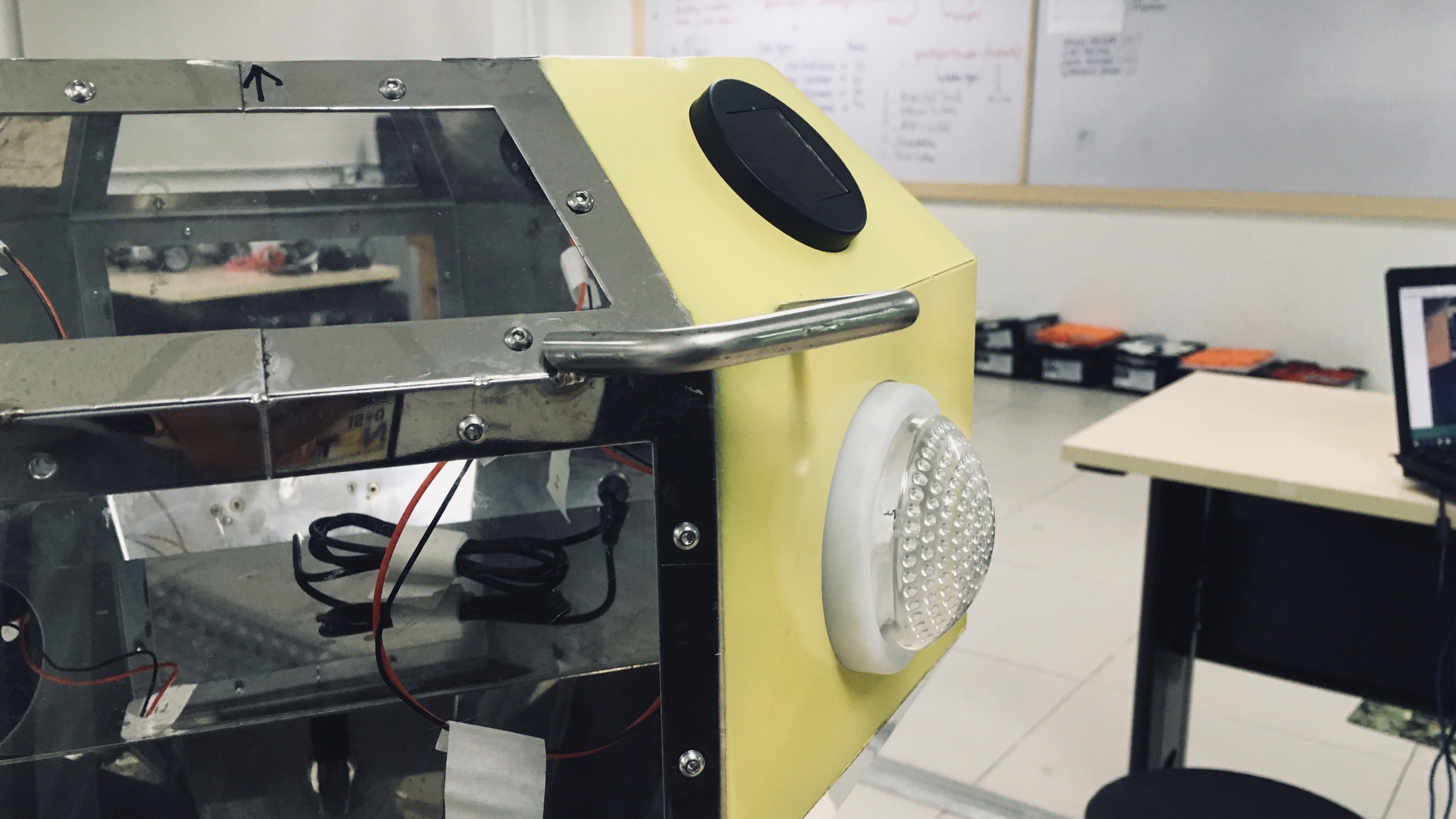AquaLoop
Year
Age
2017-2018
16-17
AquaLoop…?
AquaLoop's the name of my project. It is an off-grid ocean data buoy I developed to support ocean researchers in studying climate change and coral reefs, particularly in the Philippines. The project was born out of my deep desire to help researchers conduct their vital studies more effectively, especially in a country like the Philippines, which is home to some of the world’s most beautiful coral reefs. Inspired by my high school dean, a remarkable researcher who tragically passed away due to cancer from her work, I wanted to build a tool that could assist ocean researchers in their efforts to monitor and protect our oceans.

The Ocean’s Silent Need
Ocean research, especially climate and coral reef studies, requires continuous data collection in difficult, remote environments. Data buoys are the ideal solution, as they provide real-time data from the ocean, letting researchers gather insights without being physically present. However, these commercial buoys often cost over $3000, making them financially out of reach for researchers, particularly in developing countries like the Philippines. As one of the nations with the most biodiverse marine ecosystems, the Philippines faced a serious challenge: the cost of deploying such essential equipment was a barrier to vital environmental research.
From Idea to Impact
Recognizing this challenge, I decided to create a solution. I worked closely with ocean researchers in the Philippines to understand their needs, using their feedback to guide the development of AquaLoop. Through three iterations of the prototype, AquaLoop evolved into a cost-effective, robust, and off-grid ocean data buoy that is capable of performing the same tasks as its commercial counterparts, but at a fraction of the price. The first two iterations of the buoy earned me national recognition, and the third version, funded by Google and the U.S. Embassy Consulate, was awarded support to deploy and commercialize the technology.


Making Waves Globally
AquaLoop has made a significant impact on the research community. The third iteration received funding and recognition from Google and the U.S. Embassy Consulate, which helped bring the technology to life and allowed for its commercialization. Today, my designs are being used by researchers at the National University of Singapore (NUS) to study dolphins in Sentosa, in partnership with the National Environment Agency (NEA) of Singapore. AquaLoop’s success has not only brought international recognition but also helped make ocean research more accessible, particularly in resource-constrained settings like the Philippines.
The Horizon Ahead: Scaling AquaLoop’s Impact
As AquaLoop continues to evolve, my goal is to expand its use globally, helping researchers better understand and protect marine ecosystems. By providing a more affordable, accessible solution for ocean data collection, AquaLoop is empowering scientists to gather critical information about climate change and marine life. The project is a testament to the power of innovation in addressing some of the world's most pressing environmental challenges.
Here's a video I made about the first prototype in 2018:
And a teaser of the final prototype by 2020, a handheld version of the device designed to be scalable and easier to use:
